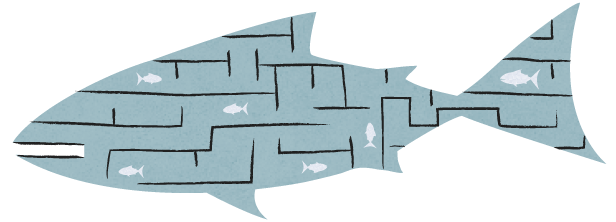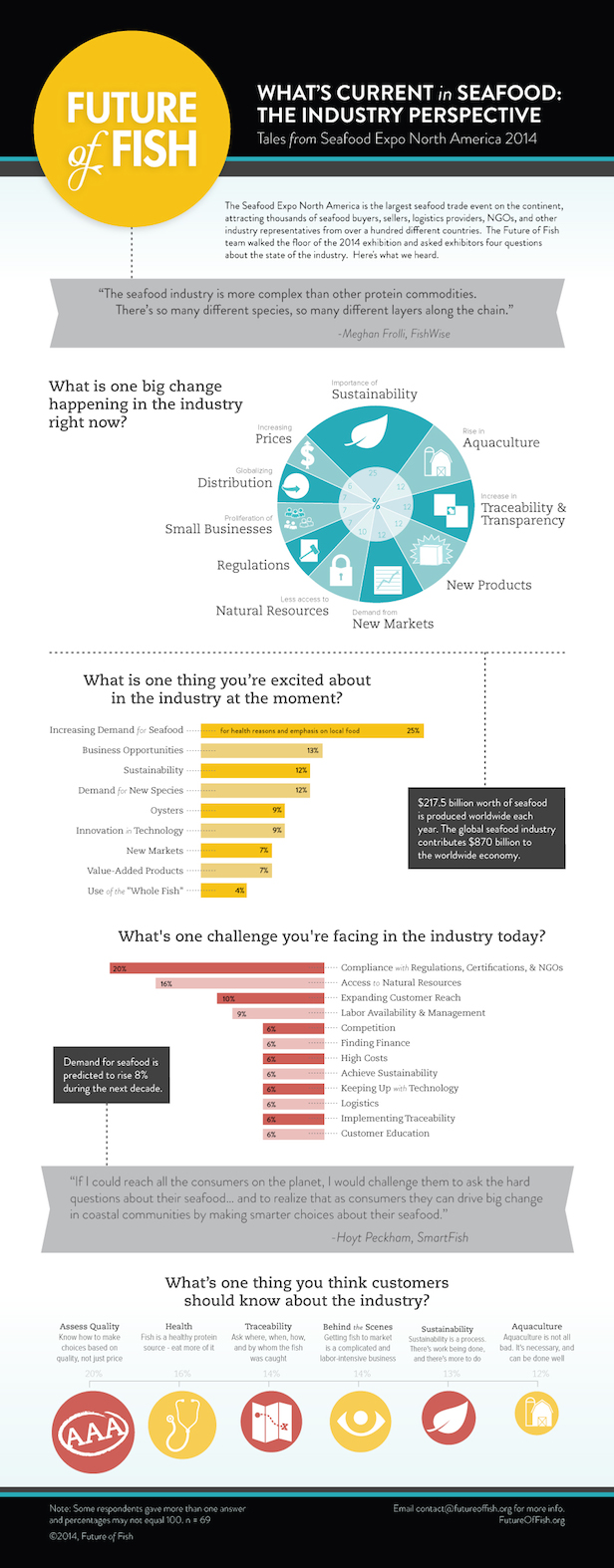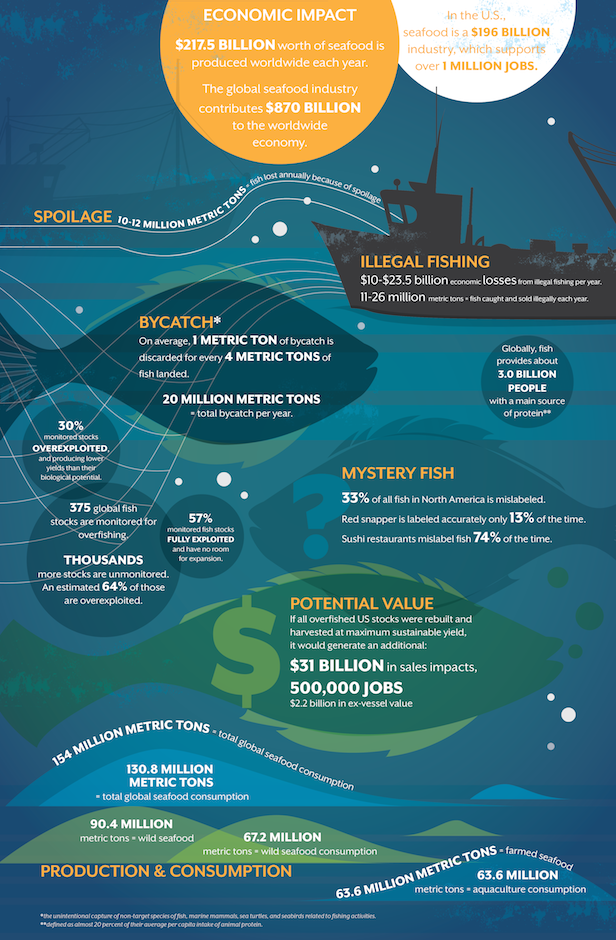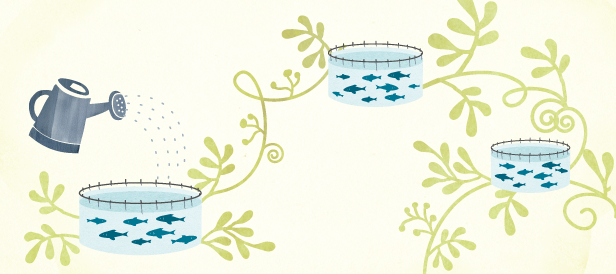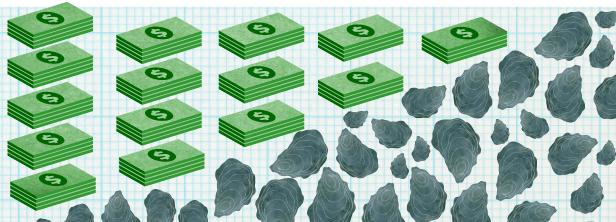Accelerating Government Fisheries Data Modernization
The Information Age is here, but data-rich fisheries continue to be a rarity around the world. Instead, we see fisheries defined by limited information and limited application of that data for effective management. Such poor data usage results in flawed catch limits, a lack of reliable forecasting or enforcement, little to no accountability or transparency, and the inability to meet demands for adaptive management and sustainable fisheries.

